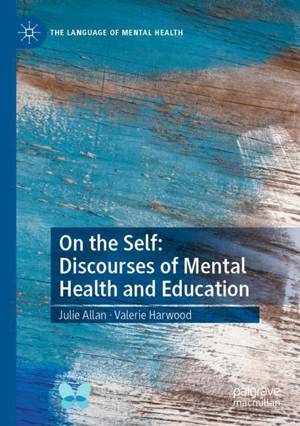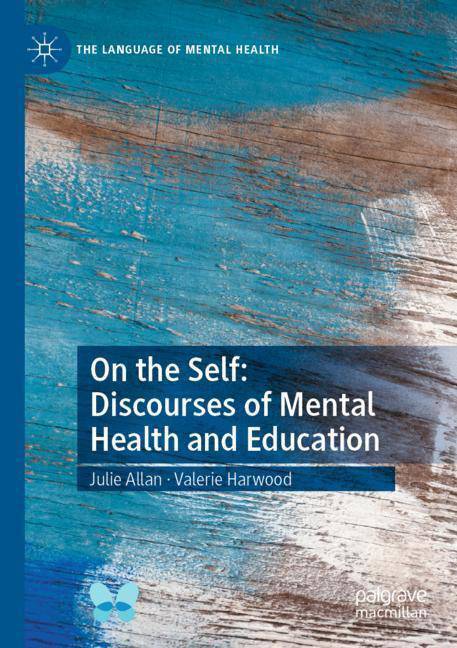
- Retrait gratuit dans votre magasin Club
- 7.000.000 titres dans notre catalogue
- Payer en toute sécurité
- Toujours un magasin près de chez vous
- Retrait gratuit dans votre magasin Club
- 7.000.000 titres dans notre catalogue
- Payer en toute sécurité
- Toujours un magasin près de chez vous
Description
This book examines the emergence of psychologised discourses of the self in education and considers their effects on children and young people, on relationships both in and out of school and on educational practices. It undertakes a Foucauldian genealogy of the discourses of the self in education in order to scrutinise the 'focal points of experience' for children and young people. Part One of the book offers a critical analysis of the discourses of the self that operate within interventions of self esteem, self concept, self efficacy and self regulation and their incursions into education. Part Two provides counter-narratives of the self, drawn principally from the arts and politics and providing alternative, and potentially radical, ways of when and how the self might speak. It also articulates how teachers may support children and young people in giving voice to these counter-narratives as they move through school.
Spécifications
Parties prenantes
- Auteur(s) :
- Editeur:
Contenu
- Nombre de pages :
- 325
- Langue:
- Anglais
- Collection :
Caractéristiques
- EAN:
- 9783031109980
- Date de parution :
- 26-09-23
- Format:
- Livre broché
- Format numérique:
- Trade paperback (VS)
- Dimensions :
- 148 mm x 210 mm
- Poids :
- 444 g







